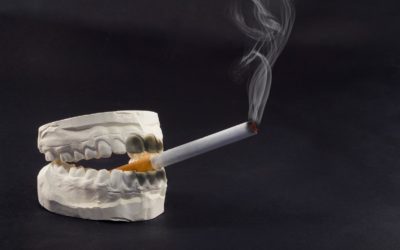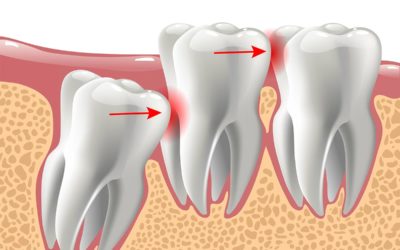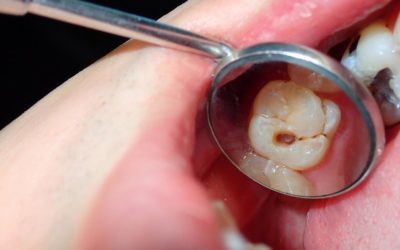Education
Plaque
Plaque is a film of bacteria that forms on your teeth and gums after eating foods that produce acids. These foods may include carbohydrates (starches and sugars), such as candy and cookies, and starchy foods such as bread, crackers, and cereal.
Oral Cancer
Oral cancer is one of the most common cancers today and has one of the lowest survival rates, with thousands of new cases being reported each year. Fewer than half of all people diagnosed with oral cancer are ever cured.
Cuts and Lacerations
Any kind of cut to your face and the delicate soft tissues inside your mouth should be addressed immediately in order to prevent further tissue damage and infection.
Wisdom Teeth
Wisdom teeth are the third and final set of molars that erupt in the back corners of the upper and lower normal adult mouth. Unfortunately, most people experience problems from wisdom teeth
Gum Disease
Gingivitis is the medical term for early gum disease or periodontal disease. In general, gum disease can be caused by long-term exposure to plaque, the sticky but colorless film on teeth that forms after eating or sleeping.
Fluorosis
Fluorosis is a condition in which your body has been exposed to too much fluoride. In normal doses (typically found in a safe drinking water system and an ADA-approved toothpaste), fluoride is a healthy compound that promotes strong teeth, which has the ability to fight cavities and other problems.
Dry Mouth (Xerostomia)
Saliva is one of your body’s natural defenses against plaque because it acts to rinse your mouth of cavity-causing bacteria and other harmful materials. Dry mouth (also called Xerostomia) is a fairly common condition that is caused by diminished saliva production.
Diabetes
People living with diabetes are vulnerable to a host of systemic problems in their entire body. Unfortunately, the mouth and teeth are not immune from such problems, and many diabetics with oral problems go undiagnosed until conditions become advanced.
Toothaches
Simple toothaches can often be relieved by rinsing the mouth to clear it of debris and other matter. Sometimes, a toothache can be caused or aggravated by a piece of debris lodged between the tooth and another tooth.
Cavities and Tooth Decay
Tooth decay is caused by a variety of things; in medical terms, cavities are called caries, which are caused by long-term destructive forces acting on tooth structures such as enamel and the tooth’s inner dentin material.





